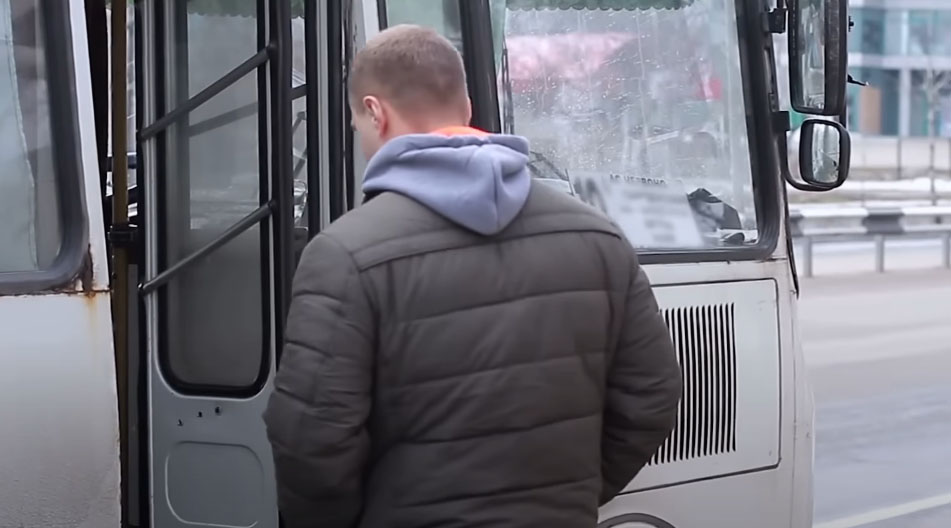
In a world where substance abuse is increasingly prevalent, finding the right support for addiction treatment is more crucial than ever. At Chandley Health Services in Chicago, Illinois, we understand the complexities of addiction and the importance of tailored approaches to recovery. Our experienced staff is dedicated to providing compassionate care and professional services to help individuals navigate the challenges of drug detox and rehabilitation.
Substance use disorder (SUD) is a chronic condition that affects millions of people. It is characterized by an inability to control the use of a substance despite the negative consequences it brings. Common substances involved include alcohol, prescription medications, and illicit drugs. The journey towards recovery often begins with recognizing the signs of addiction and understanding the withdrawal symptoms that can accompany cessation.
Withdrawal symptoms can vary widely based on the substance, duration of use, and individual factors. Symptoms may include anxiety, nausea, tremors, sweating, and in some cases, seizures. This is where the importance of medical supervision comes into play. At Chandley Health Services, we provide safe and structured environments for both inpatient detox and outpatient detox options, ensuring that our clients undergo detoxification under the guidance of medical professionals.
Detoxification is the first step towards recovery and involves removing toxic substances from the body. This process can be uncomfortable and even dangerous without proper support. Our drug detox programs are designed to minimize withdrawal symptoms while ensuring that individuals are closely monitored. We offer both inpatient and outpatient detox options, allowing clients to choose a path that best fits their needs and lifestyle.
During inpatient detox, clients reside within our facility, where they receive 24/7 medical supervision and support. This environment allows for a focused approach to recovery, free from the distractions and triggers of everyday life. Outpatient detox, on the other hand, offers flexibility for those who may not require intensive supervision but still need guidance during the detox process.
Once detoxification is complete, the recovery journey continues with rehabilitation. At Chandley Health Services, we offer a comprehensive recovery program that incorporates a variety of therapeutic modalities. Our approach includes counseling and behavioral therapy, which are essential in addressing the psychological aspects of addiction.
Counseling provides a safe space for individuals to explore the underlying factors contributing to their substance abuse. Behavioral therapy, on the other hand, equips clients with coping strategies and skills to resist cravings and prevent relapse. These therapeutic modalities are often complemented by support groups, where individuals can connect with others facing similar challenges. Sharing experiences in a supportive environment fosters a sense of community and accountability, which is vital for long-term recovery.
Recovery is not solely about abstaining from drugs or alcohol; it also involves rebuilding one's life. At Chandley Health Services, we recognize the importance of nutritional support in the recovery process. Substance abuse can lead to nutritional deficiencies, and our team emphasizes the value of a balanced diet in promoting physical and mental well-being.
In addition to nutritional support, we integrate holistic approaches into our recovery programs. These may include mindfulness practices, yoga, and meditation, all of which can help individuals develop a healthier relationship with themselves and their surroundings. Such practices not only promote relaxation but also enhance emotional regulation, which is crucial in managing cravings and avoiding relapse.
Quitting substance abuse cold turkey can be dangerous. Learn about how to detox safely and remove addictions by contacting us. All calls are 100% free and confidential.
(833) 594-3567The journey to recovery does not end after completing a rehabilitation program. Aftercare is an essential component of sustained sobriety. At Chandley Health Services, we provide ongoing support through aftercare programs designed to help individuals reintegrate into everyday life while maintaining their sobriety.
Our aftercare services include continued access to support groups, individual counseling sessions, and resources for sober living arrangements. Sober living environments offer a structured and supportive setting for individuals to transition back into society while minimizing the risk of relapse. These environments foster accountability and provide individuals with the tools needed to navigate challenges without resorting to substance use.
Relapse is often a concern for those in recovery, but with the right strategies in place, it can be effectively managed. At Chandley Health Services, we emphasize relapse prevention as a critical part of our rehabilitation programs. Our team works closely with clients to identify triggers and develop a personalized plan to address them.
Education on the nature of addiction and coping mechanisms helps individuals build resilience against cravings. By equipping our clients with the knowledge and skills to handle stressors without turning to substances, we increase their chances of long-term recovery.
At the heart of Chandley Health Services is a commitment to providing compassionate and supportive care. Our highly rated staff is experienced in addressing the multifaceted nature of addiction and is dedicated to helping each individual achieve their recovery goals. We understand that every person's journey is unique, and we take the time to listen and understand the specific needs of our clients.
Whether you or a loved one is struggling with substance abuse, it's essential to take that first step towards recovery. The journey may seem daunting, but with the right support and resources, it is possible to overcome addiction and build a fulfilling life.

If you or someone you care about is ready to take the first step towards recovery, reach out to Chandley Health Services today. Our compassionate team is here to provide the support you need to navigate the challenges of substance use disorder. Together, we can create a personalized plan that addresses your unique needs and sets you on the path to a healthier, sober life. Call us now to learn more about our drug detox and rehabilitation programs and take the first step towards lasting recovery.

